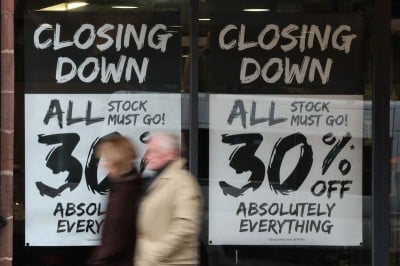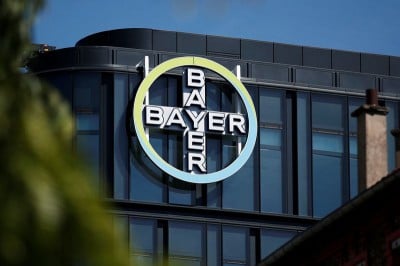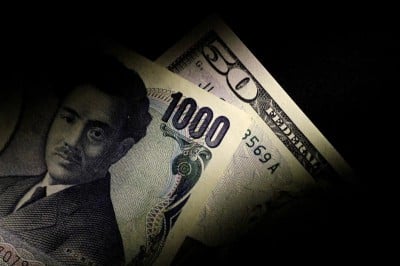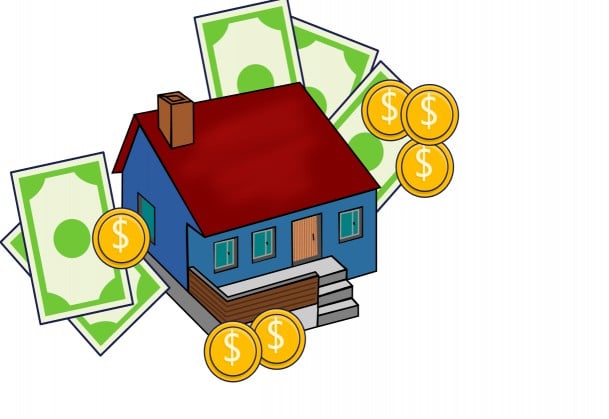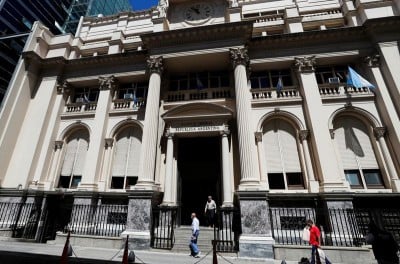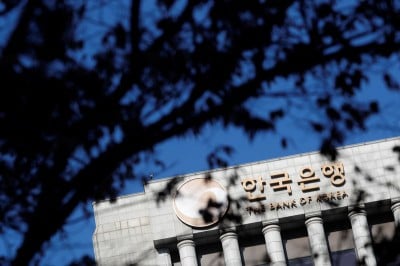 © Reuters. The logo of the Bank of Korea is seen in Seoul, South Korea, November 30, 2017. REUTERS/Kim Hong-Ji/ File Photo
© Reuters. The logo of the Bank of Korea is seen in Seoul, South Korea, November 30, 2017. REUTERS/Kim Hong-Ji/ File Photo By Anant Chandak
BENGALURU (Reuters) - The Bank of Korea will keep its key policy rate unchanged for a sixth consecutive meeting on Oct. 19 but maintain a hawkish bias on resurging inflation, according to a Reuters poll, which also forecast the first cut would come later than expected.
Inflation, which had eased steadily to 2.3% in July from a peak of 6.3% last year, marched upward to 3.7% last month. However, that was unlikely to compel the BOK to resume hiking rates as the central bank expected a brief rise in inflation before cooling by year-end.
All 49 economists in the Oct. 10-16 poll predicted the BOK would leave the base rate unchanged at 3.50% on Thursday as the central bank, the first among its peers to hike rates, keeps a close eye on already slowing economic activity.
The South Korean economy, with one of the world's highest household debt-to-GDP ratios, is taking a hit from a cumulative 300 basis points of rate hikes.
Still, median forecasts showed interest rates remaining unchanged at least until end-Q1 2024, followed by a 25 basis point cut in Q2. In August, the first rate cut was expected to come by end-Q1.
"Slowing growth and elevated financial stress will justify rate hold at 3.50%. However, slower disinflation and the U.S. Federal Reserve's higher-for-longer strategy will likely support hawks at the BOK that it is early to stop the inflation fighting," said Jeong Woo Park, economist at Nomura.
"So, considering those two camps, it's likely to be a hawkish hold for some time. I don't think the BOK is currently concerned about KRW. As exports have started to pick up, I expect KRW to stabilize further."
The Korean won - one of the worst-performing Asian currencies this year - has weakened around 7% so far, but was expected to recoup those losses over the coming 12 months, a separate Reuters poll showed.
With a weak currency making imports more expensive, inflation was not seen returning to the central bank's 2% target until Q2, 2025.
While half of economists, 16 of 32, expected rates to have fallen 25 basis points to 3.25% by end-Q2 2024 another seven saw a decline to 3.00%. Nine forecast them unchanged.
"Stickier headline inflation could prompt a later and shallower easing cycle than initially expected," said Frederic Neumann, chief Asia economist and co-head of Global Research Asia at HSBC.
"For a significant acceleration in GDP growth, either a rebound in the global trade cycle, or a significant easing of local interest rates would be needed. Since both are unlikely in the near-term, it is likely Korea's economy will grow at a relatively subdued, though steady, pace for the time being."
Korea's economic growth was expected to slow to 1.2% this year from 2.6% in 2022, followed by a partial recovery to 2.1% next year.
(For other stories from the Reuters global economic poll:)
Bank of Korea to hold base rate on Oct. 19, rate cut call pushed to Q2 2024 - Reuters poll

